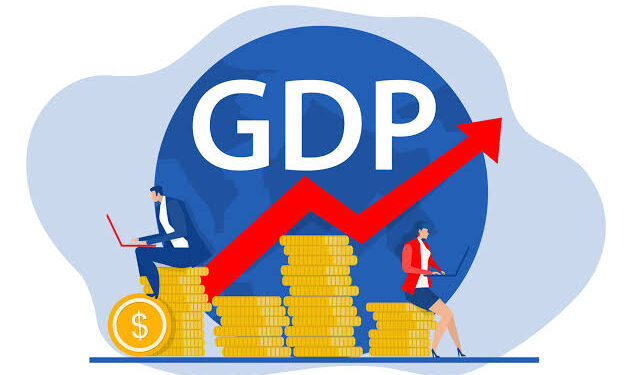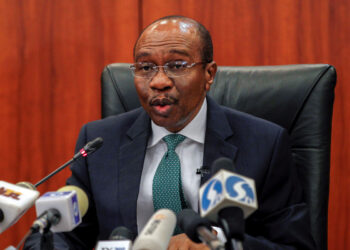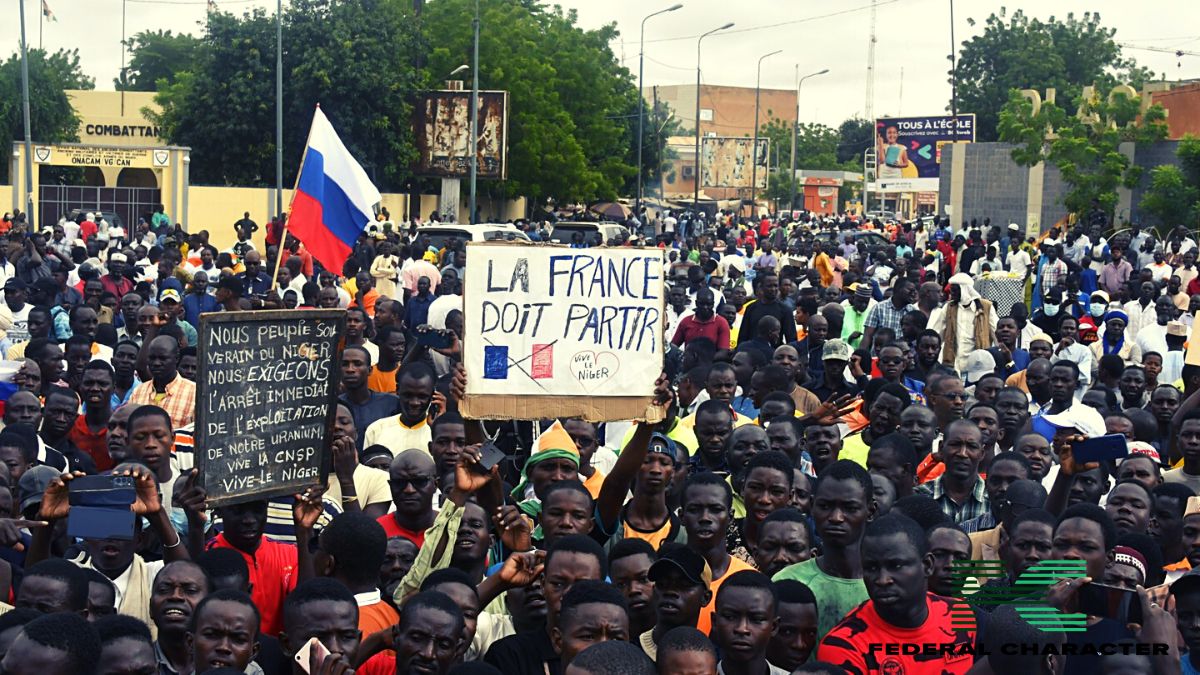Nigeria, Africa’s so-called “Giant,” is struggling due to its unfulfilled promises and a troubled economy. The country’s economic crisis is not just about numbers; it’s about a nation on the edge, failing its regions and people in ways that are disappointing for a country with so much potential.
An Unbalanced Economic Landscape
The difference in how much each state in Nigeria contributes to the country’s total economy is a big problem. It shows that for many years, the government has focused on some areas more than others, and hasn’t managed things well. Lagos State, which is the biggest economic area, contributes about 30% to Nigeria’s total economy. This is because the government there has allowed businesses to grow, even though it’s a very busy and crowded place. It’s important for the whole country because it has a big port and is a major business center.

On the other hand, states like Zamfara, Gombe, and Yobe contribute very little to the economy, making you wonder if they are even part of the same country. These states are not just poor; they also lack the basic things and good policies that could help them grow. This situation is caused by a lack of attention from the government, influenced by politics, and a lack of clear plans for the future.
The Oil Addiction and Its Curse
The main problem in Nigeria’s economy is its strong dependence on oil revenue. States in the Niger Delta, such as Rivers and Akwa Ibom, play a big role in the country’s income because of their oil resources. However, these areas are still struggling with pollution, poverty, violence, and the effects of many years of oil extraction.
The Federal government takes the oil revenue and shares it among the states using a system that is neither fair nor helpful. Why should a state like Kano, which has the potential for farming and trade, keep taking resources from the country while contributing very little to the income? Why should oil-producing states live with polluted waters and barren lands, only to send their wealth to a central government that mismanages it?
Northern Nigeria: The Elephant in the Room
The northern states, which make up most of Nigeria’s land, are mostly poor and struggling. Agriculture, which should be their main source of income, has been badly affected by violence and lack of investment. These states contribute very little to the country’s economy, making them a burden. It’s not fair to blame their problems only on the ongoing conflict.
The reality is, these states have been ignored for many years. Their leaders have failed to harness their natural and human resources, choosing instead to depend on federal allocations like beggars waiting for crumbs.

The Middle Belt and Its Untapped Potential
The Middle Belt of Nigeria, which includes states like Benue, Plateau, and Kogi, has a lot of potential for farming and mining. Yet, they remain underdeveloped, ignored by successive administrations that have prioritized oil revenue over true economic diversification. Benue, known as the “Food Basket of the Nation,” has trouble feeding its people because farmers don’t have simple tools, places to store their crops, or ways to sell them.
The Nigerian government hasn’t done enough to help all its states grow equally. It keeps most of the revenue in one place, leaving the states to fight over small amounts. This way of managing the economy isn’t just bad—it’s harmful.

















